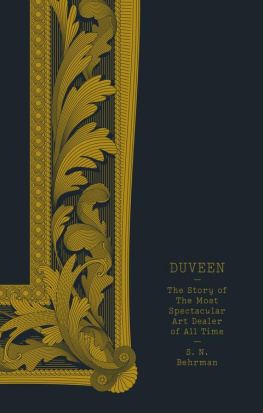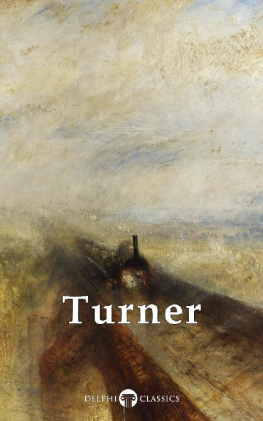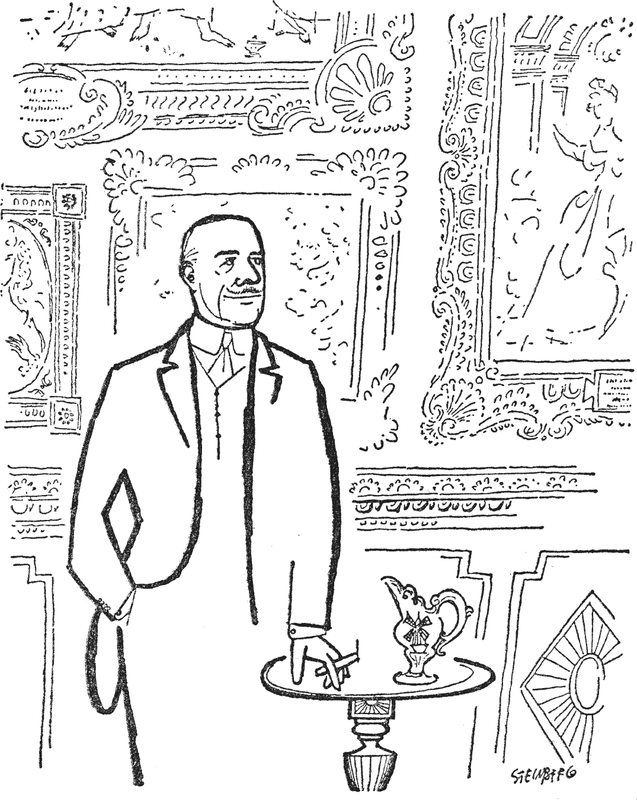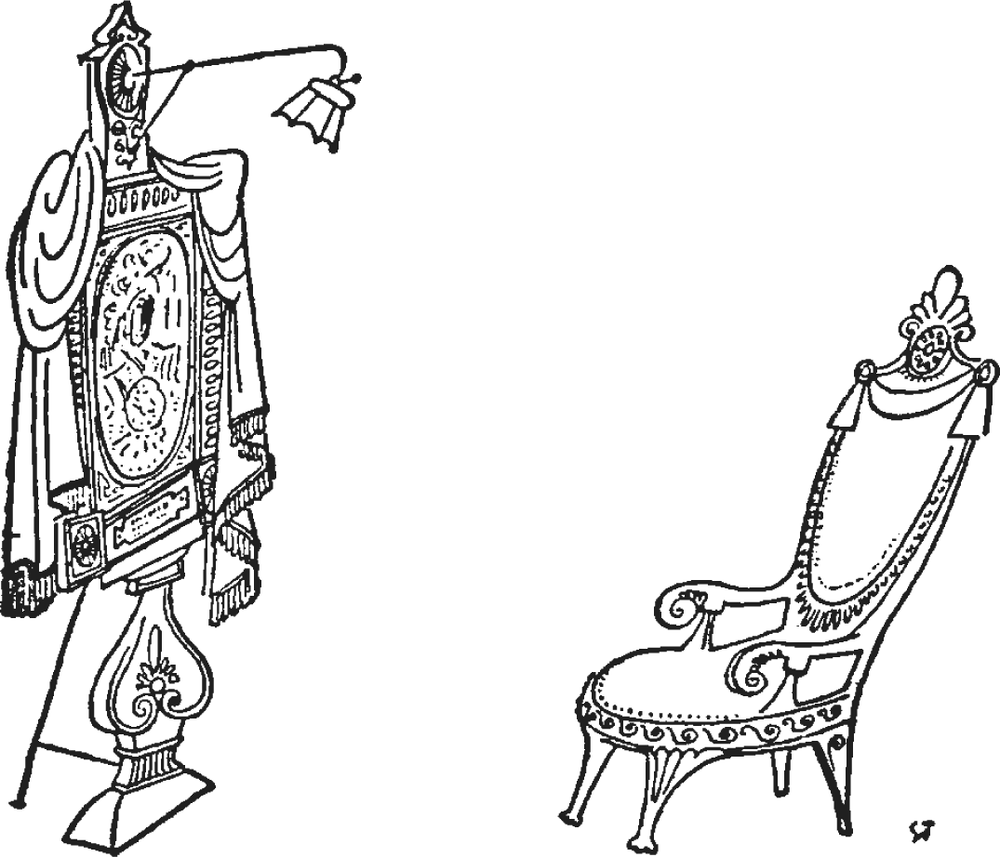The Author wishes to thank the following people for their extraordinary generosity in sharing with him their recollections of Joseph Duveen: Bernard Berenson, Cecil Beaton, Sir Maurice Bowra, Max Bruell, Sir Kenneth Clark, Count Alessandro Contini-Bonacossi, Lady Juliet Duff, Edmund Duffy, John Foster, Dr Alfred M. Frankfurter, Mrs William Randolph Hearst, Alva Johnston, Louis S. Levy, Sam A. Lewisohn, Mrs Henry R. Luce, W. Somerset Maugham, Elsa Maxwell, Mr and Mrs Gilbert Miller, Mitchell Samuels, Sir Osbert Sitwell, Nate B. Spingold, Maurice Sterne, Mr and Mrs Edwin C. Vogel, John Walker, Felix Wildenstein, Frank Wooster.
W HEN JOSEPH DUVEEN, the most spectacular art dealer of all time, travelled from one to another of his three galleries, in Paris, New York and London, his business, including a certain amount of his stock-in-trade, travelled with him. His business was highly personal, and during his absence his establishments dozed. They jumped to attention only upon the kinetic arrival of the Master. Early in life, Duveen who became Lord Duveen of Millbank before he died in 1939, at the age of sixty-nine noticed that Europe had plenty of art and America had plenty of money, and his entire astonishing career was the product of that simple observation. Beginning in 1886, when he was seventeen, he was perpetually journeying between Europe, where he stocked up, and America, where he sold. In later years, his annual itinerary was relatively fixed: at the end of May, he would leave New York for London, where he spent June and July; then he would go to Paris for a week or two; from there he would go to Vittel, a health resort in the Vosges Mountains, where he took a three-week cure; from Vittel he would return to Paris for another fortnight; after that, he would go back to London; sometime in September, he would set sail for New York, where he stayed through the winter and early spring.
Occasionally, Duveen departed from his routine to help out a valuable customer. If, say, he was in Paris and Andrew Mellon or Jules Bache was coming there, he would considerately remain a bit longer than usual, to assist Mellon or Bache with his education in art. Although, according to some authorities, especially those in his native England, Duveens knowledge of art was conspicuously exceeded by his enthusiasm for it, he was regarded by most of his wealthy American clients as little less than omniscient. To the Caliph I may be dirt, but to dirt I am the Caliph! says Hajj the beggar in Edward Knoblocks Kismet. Hajjs estimate of his social position approximated Duveens standing as a scholar. To his major pupils, Duveen extended extra-curricular courtesies. He permitted Bache to store supplies of his favourite cigars in the vaults of the Duveen establishments in London and Paris. One day, as Bache was leaving his hotel in Paris for his boat train, he realised that he didnt have enough cigars to last him for the Atlantic crossing. He made a quick detour to Duveens to replenish. Duveen was not in Paris, and Bache was greeted by Bertram Boggis, then Duveens chief assistant and today one of the heads of the firm of Duveen Brothers. While Bache was waiting for the cigars to appear, Boggis showed him a Van Dyck and told him Duveen had earmarked it for him. Bache was so entranced with the picture that he bought it on the spot and almost forgot about the cigars; he finally went off to the train with both. There was no charge for storing the cigars, but the Van Dyck cost him two hundred and seventy-five thousand dollars.
Probably never before had a merchant brought to such exquisite perfection the large-minded art of casting bread upon the waters. There was almost nothing Duveen wouldnt do for his important clients. Immensely rich Americans, shy and suspicious of casual contacts because of their wealth, often didnt know where to go or what to do with themselves when they were abroad. Duveen provided entre to the great country homes of the nobility; the coincidence that their noble owners often had ancestral portraits to sell did not deter Duveen. He also wangled hotel accommodations and passages on sold-out ships. He got his clients houses, or he provided architects to build them houses, and then saw to it that the architects planned the interiors with wall space that demanded plenty of pictures. He even selected brides or bridegrooms for some of his clients, and presided over the weddings with avuncular benevolence. These selections had to meet the same refined standard that governed his choice of houses for his clients a potential receptivity to expensive art.
On immediate issues, Duveen was not a patient man. With choleric imperialism, he felt that the world must stop while he got what he wanted. He had a convulsive drive, a boundless and explosive fervour, especially for a picture he had just bought, and a reckless contempt for works of art handled by rival dealers. On one occasion, an extremely respectable High Church duke was considering a religious painting by an Old Master that Thomas Agnew & Sons, the distinguished English art firm, had offered him. He asked Duveen to look at it. Very nice, my dear fellow, very nice, said Duveen. But I suppose you are aware that those cherubs are homosexual. The painting went back to Agnews. When, presently, through the tortuous channels of picture-dealing it came into Duveens possession, the cherubs, by some miraculous Duveen therapy, were restored to sexual normality. Similarly, in New York, a millionaire collector who was so undisciplined that he was thinking of buying a sixteenth-century Italian painting from another dealer asked Duveen to his mansion on Fifth Avenue to look at it. The prospective buyer watched Duveens face closely and saw his nostrils quiver. I sniff fresh paint, said Duveen sorrowfully. His remarks about other peoples pictures sometimes resulted in lawsuits that lasted for years, cost him hundreds of thousands of dollars, and brought to the courts of London, New York or Paris international convocations of experts to thrash things out.
It was one of the crosses Duveen had to bear that the temperaments of the men he dealt with in the United States were the direct opposite of his own. The great American millionaires of the Duveen Era were slow-speaking and slow-thinking, cautious, secretive in Duveens eyes, maddeningly deliberate. Those other emperors, the emperors of oil and steel, of department stores and railroads and newspapers, of stocks and bonds, of utilities and banking houses, had trained themselves to talk slowly, pausing lengthily before each word and especially before each verb, in order to keep themselves from sliding over into the abyss of commitment. For a man like Duveen, who was congenitally unable to keep quiet, the necessity of dealing constantly with cryptic men like the elder J. P. Morgan and Henry Clay Frick and Mellon was ulcerating. He would read a letter from one of his important clients twenty times, pondering each evasively phrased sentence. What does he mean by that? he would ask his secretary. Is he interested in the picture or isnt he?
For a great many years, Duveens secretary was an Englishman named H. W. Morgan. Some have said that Duveen hired him simply because his name was Morgan. It has even been suggested that Duveen made his secretary adopt the name, so that he could feel he was sending for Morgan instead of Morgans sending for him. In any case, one of H. W. Morgans duties was now and then to impersonate Mellon. The day before a scheduled interview with any of his important clients, Duveen would go to bed to map out the strategic possibilities. But before such an interview with Mellon, Duveen would, in addition to going to bed, rehearse with Morgan. Mellon was particularly hard to deal with, because he was supremely inscrutable. Now, Morgan, you are Mellon, Duveen would say. Now you go out and come in. Morgan would come in as Mellon, and Duveen would start peppering him with questions; Morgan would try to put himself into Mellons inscrutable state of mind and answer without saying anything. The fact that Mellons Pittsburgh speech was now strongly doused in Cockney did not impair the illusion for Duveen.









